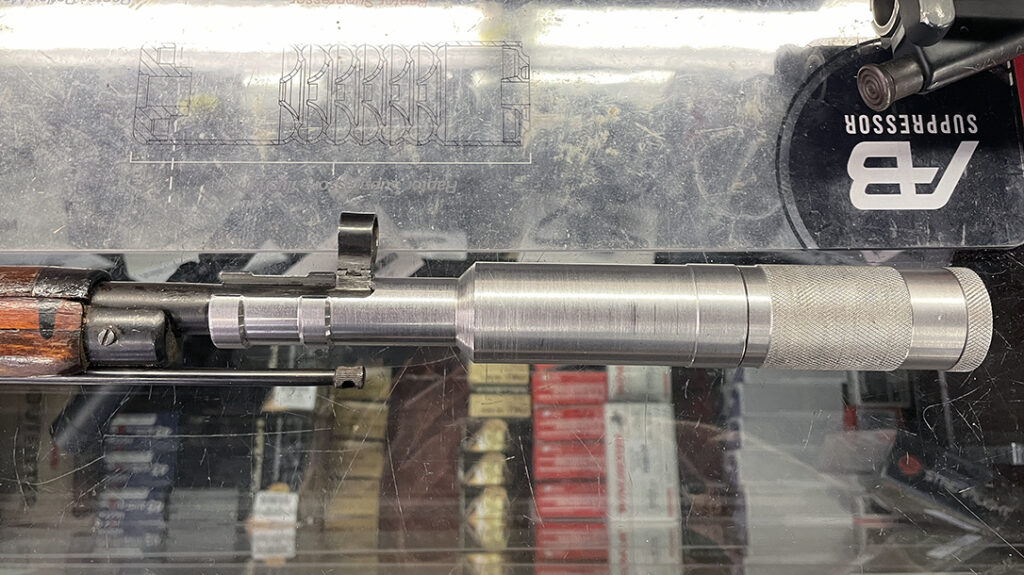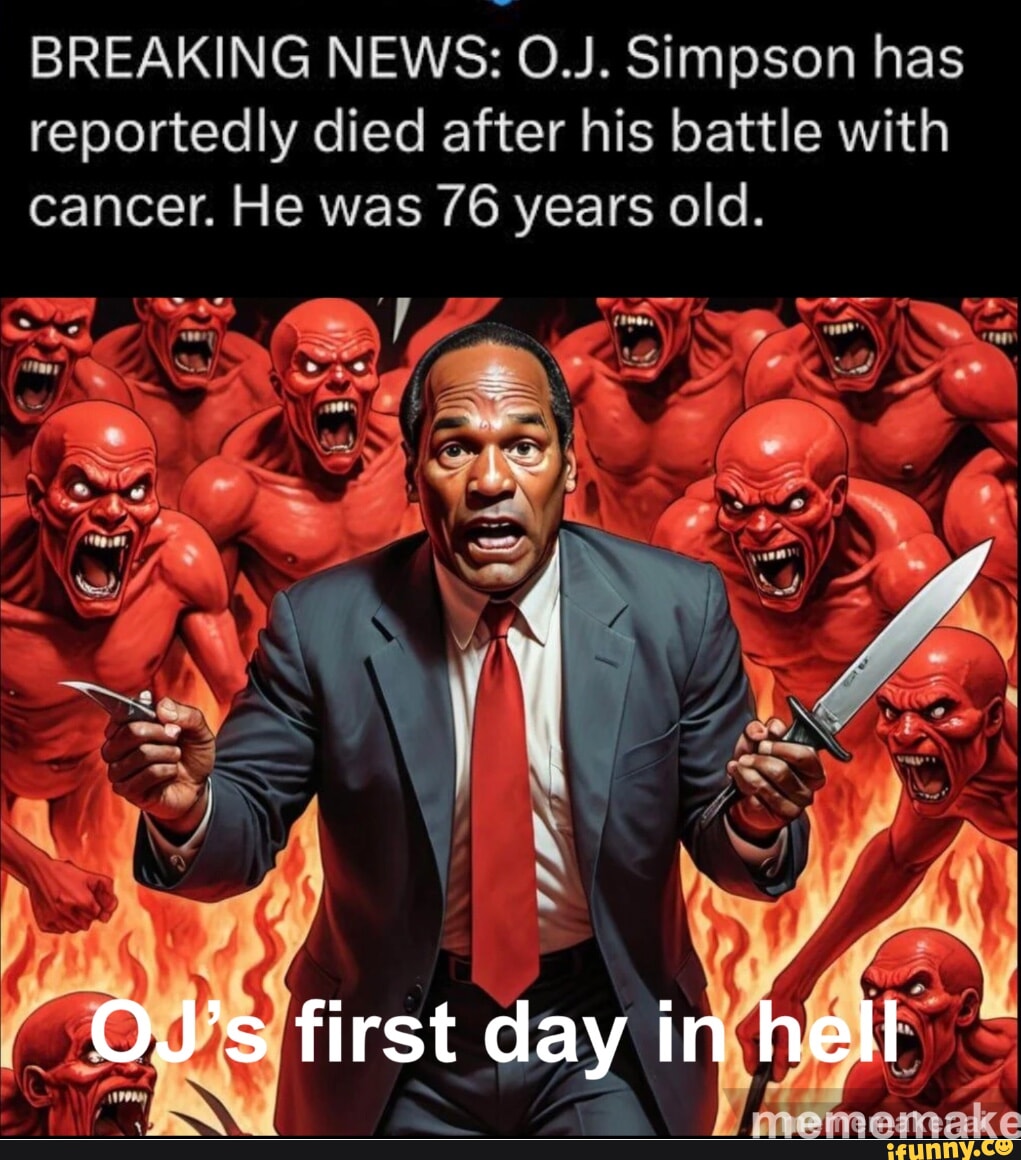
Oxford, Mississippi, is a quaint, storybook-sort of place. The University of Mississippi and the sprawling Winchester ammunition plant keep the community young, busy, and well-funded. A genteel southern population ensures the town is clean, safe, and cool. It’s like 1950’s America without the social baggage. Lots of people want to come here. However, it was not always so pleasant.
Liam Little & Mississippi Arms
A delightful little burg of 26,430 people nestled in north central Mississippi, Oxford has a colorful past. General Grant burned the courthouse square back in August of 1864. Two cop-killing losers were publicly executed here in 1903. James Meredith boldly broke some serious racial barriers as the first African-American student at Ole Miss back in 1962. Despite all that chaos, nowadays the Oxford Square looks like something out of Disneyworld.
As you face east, you will see Neilson’s clothing store. They’ve been in business in the same location since 1839. Neilson’s sits alongside Square Books Junior and City Hall. Now direct your gaze to the right and down the hill past the Tallahatchie Gourmet restaurant and you will find a small, nondescript store front with a neon “Open” sign in the shape of an AK-47. The sign reads, “Mississippi Arms.” Mississippi Arms is the coolest gun shop I have ever seen.
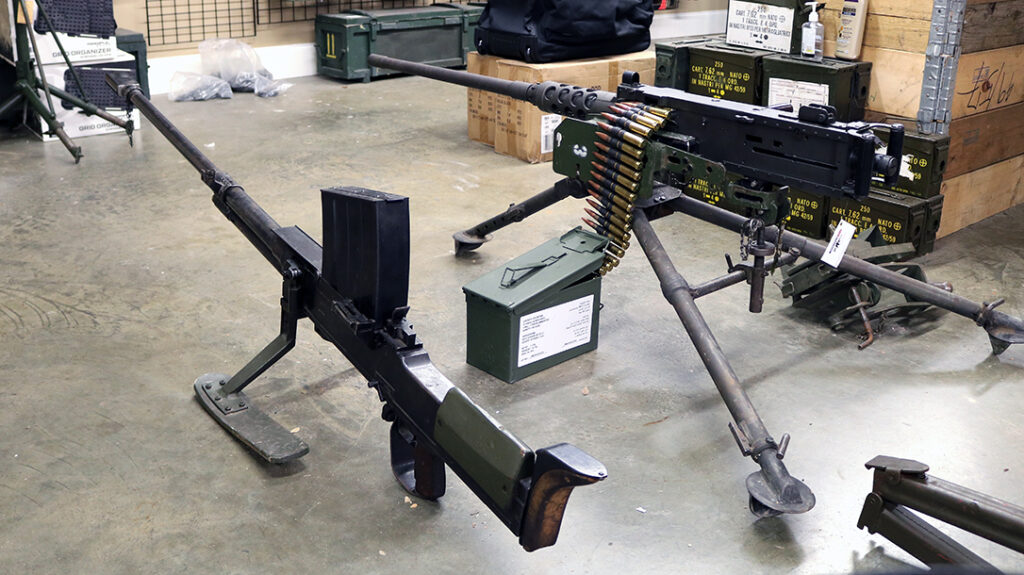
Origin Story: Mississippi Arms
Mississippi Arms began life several years ago as Mississippi Auto Arms. At the height of the Obama gun-buying frenzy, MAA sold 1,000 black rifles per year. MAA enjoyed a robust online presence selling guns, ammunition, gun parts, and accessories. They specialized in the cool, edgy stuff that keeps Chuck Schumer and Nancy Pelosi awake at night. When the owner retired, he sold the business and they changed the name.
Nowadays Mississippi Arms is Candyland for gun nerds like us. They have most everything on their website. The business is licensed as both a dealer and manufacturer of Title 2 firearms. They build their own machine guns as well as a dedicated line of sound suppressors. This store is where dreams are made. Mississippi Arms is not your typical Fudd gun shop.
The first thing you notice is the Lahti 20mm anti-tank rifle sitting on the floor alongside a Ma Deuce .50-caliber machine gun on a tripod. Hanging on the wall is a live RPG-7, a PKM belt-fed machine gun, an M-60 with a sound suppressor, and a German MG34. A row of selective-fire, short-barreled FN SCAR carbines sits along one wall waiting to be cut up into parts kits. A bewildering array of black rifles blankets the walls. At any given time, a handful of local gun geeks congregates in the place griping about gun laws and generally solving the problems of the world. Throughout it all, sitting behind the counter is an amiable young guy with an ever-so-slight foreign accent. That’s 26-year-old Liam Little, owner and chief bottle washer at Mississippi Arms. Turns out Liam is a political refugee from Canada. His is a simply fascinating tale.
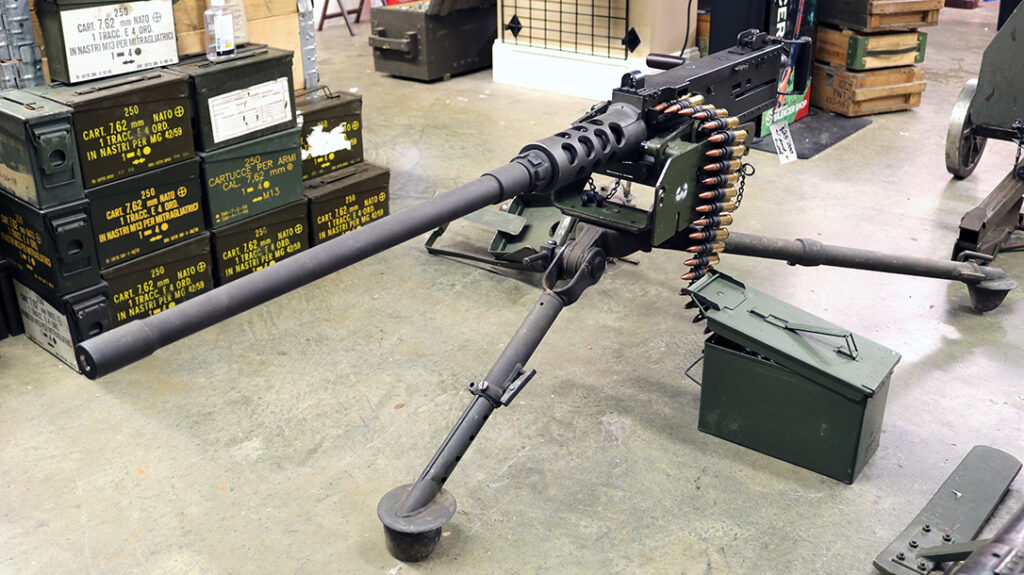
The Guy: Liam Little
Have you noticed that illegal immigration seems to be in the news a lot these days? With 320,000 migrant encounters on the southern border in December of 2023 alone and an estimated 16 million undocumented aliens already in the country, immigration will undoubtedly be the seminal issue of the upcoming Presidential election. It seems half the planet is flowing across our porous borders claiming asylum from something or other. Amid a veritable sea of unwashed humanity streaming into America illegally, Liam Little actually did it right.
Liam is a die-hard gun nerd with the poor grace to have been born in Montreal, Canada. If you are a gun guy, living in Canada these days is not philosophically unlike growing up in North Korea. The Canadian government just doesn’t trust its citizens with firearms anymore. When faced with a lifetime of unarmed servitude, Liam immigrated south.
Talking to Liam is a bit like chatting with Elon Musk. The guy just has an energy. He sees problems and engineers solutions. He is a natural businessman.
Liam is technically in the United States for law school on a student visa. When I was last there, he was complaining that they wouldn’t let him CLEP out of law school a year early. He runs his thriving gun business while simultaneously attending class at the University of Mississippi law school right down the road. The storefront is closed Sunday, Monday, and Tuesday so Liam can get his coursework done. He’s a pretty busy guy.

Draconian Politics
So, how does a kid from Canada in the country on a student visa for law school legally own a machine gun business? For starters, you have to be really smart and know the law really well. Then you just have to have the drive. Liam’s motivation is a pure and holy quest for freedom.
At a time when disdain for America seems to be the engine that propels the radical Left to ever more-rarefied attacks on individual liberty, Liam has tasted the pure elixir of freedom and just can’t get enough. As a burgeoning lawyer, he knows the rules and goes to meticulous lengths to work within them. He obtained the requisite licenses to run his thriving gun business all with Uncle Sam’s blessings. I’ll spare you the details except to say that his approach was undeniably elegant.
Like most people I have known who came to America seeking political freedom, Liam has little use for those who denigrate the United States. Most folks who gripe about America have simply never lived anyplace else. Liam cannot stand Justin Trudeau and his mob of meddlesome Left-wing socialists up north. He knows from personal experience what it is like to live in a place where gun ownership is prohibited and cherishes the unique liberties we enjoy in America. His life goal is to fully assimilate into our culture and make his way in the gun business.
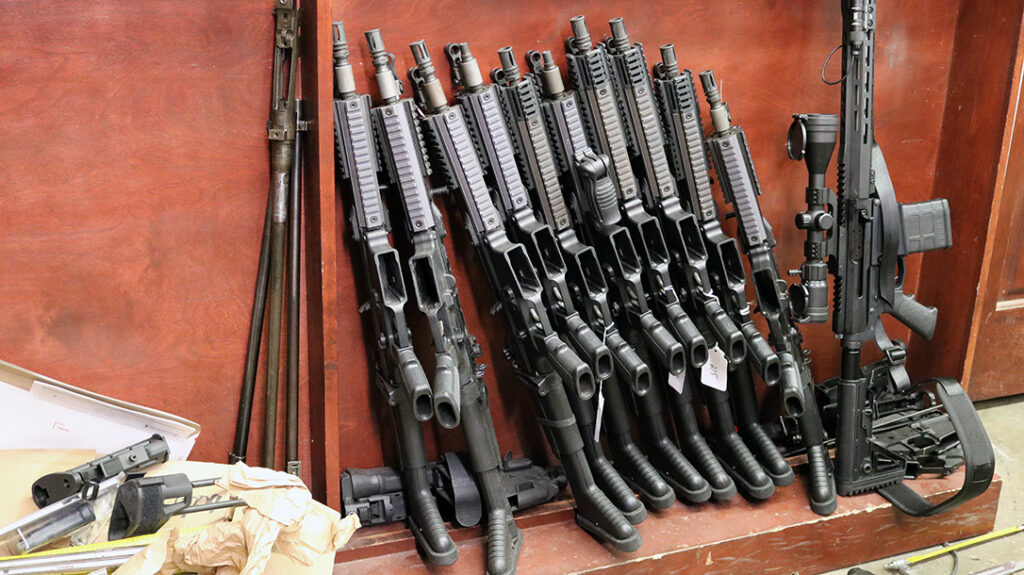
Details
It’s worth a surf over to Liam’s website. His home-grown .22 rimfire cans will run $235 apiece. When I was there he showed me prototypes for a replica WW2-vintage Soviet Bramit suppressor. The Bramit can slips over the muzzle of a Mosin-Nagant bolt-action rifle and locks in place with a twist. Like the originals, there is ballistic data engraved on the side to accommodate reduced-charge subsonic loads.
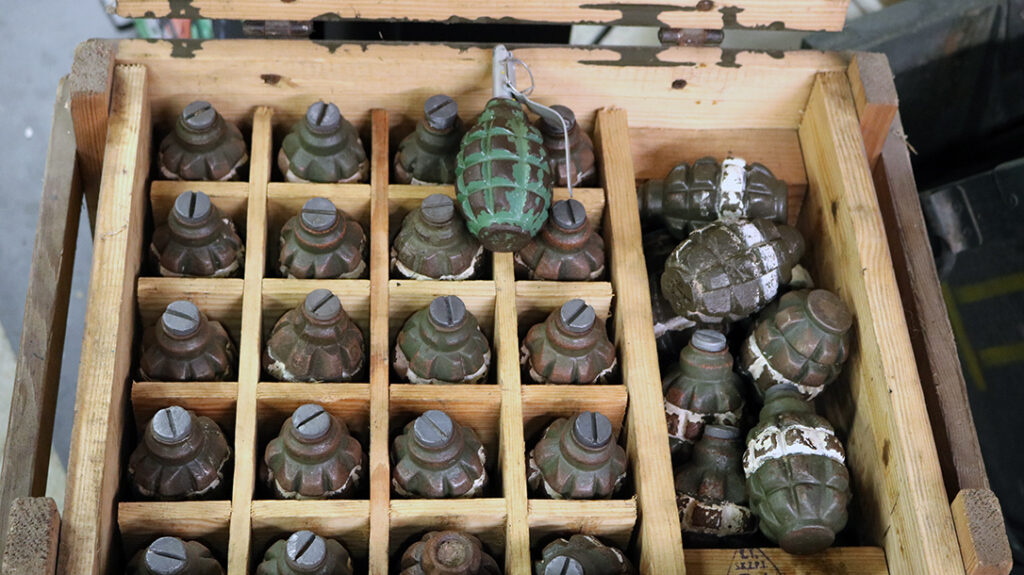
Ruminations
We gripe about American gun laws all the time, and rightly so. Without constant vigilance the freedom-averse hoplophobes in Washington will invariably strip our rights away just as their counterparts did up north. However, for the time being at least, we still enjoy unrivaled access to firearms for both personal protection and recreation.
Liam Little is the real deal. Raised in a socialist paradise, Liam came to America seeking the purist expression of personal freedom on planet Earth. Liam personifies the American dream in the Information Age. Unlike so many other immigrants, however, he is doing so legally through personal force of will, detailed knowledge of the law, and raw, unfiltered heart.
The next time you need some gun widget, surf on over to MississippiArms.com and see if Liam has it in stock. If ever you are passing through Oxford, Mississippi, on a Wednesday through Saturday, do yourself a favor and drop by the store for a chat. Mississippi Arms is a cool place, and Liam Little is a cool guy. Mississippi Arms is where freedom thrives.
